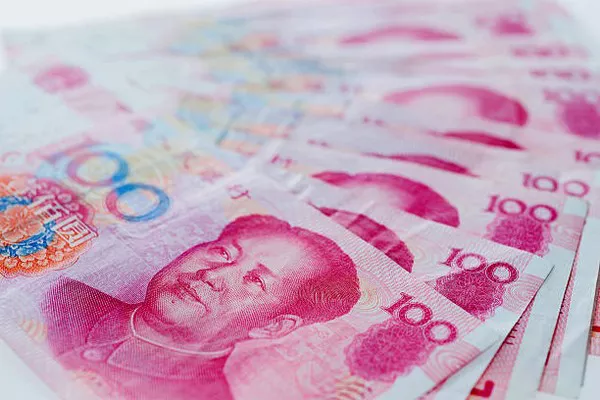China’s economic landscape has been a focal point of global attention, with recent observations highlighting a significant trend – the weakening of the Chinese currency, the Renminbi (RMB or CNY). This shift has raised questions about the underlying factors contributing to this phenomenon and its potential implications for both China and the international economy. In this article, we will explore the key reasons behind the depreciation of China’s currency and analyze the broader economic context.
Economic Rebalancing
One major factor influencing the depreciation of the Renminbi is China’s ongoing process of economic rebalancing. For years, the country has been heavily reliant on exports to fuel its economic growth. To counterbalance this dependency and foster a more sustainable economy, China has been actively working towards boosting domestic consumption and reducing its reliance on external demand.
As the emphasis shifts from exports to domestic consumption, the country experiences a natural decrease in demand for its goods and services abroad, leading to a trade surplus decline. This adjustment can contribute to a weaker currency as the balance between supply and demand for the Renminbi on the international market is altered.
Trade Tensions and Tariffs
The trade tensions between China and the United States have been a significant driver of the Renminbi’s depreciation. The imposition of tariffs on Chinese exports by the U.S., coupled with the retaliatory measures taken by China, has disrupted global trade flows and injected uncertainty into the market. As a result, investors may perceive higher risks associated with holding the Renminbi, leading to a reduction in its value.
Furthermore, the trade tensions have prompted the People’s Bank of China (PBOC) to adopt a more flexible exchange rate policy, allowing the Renminbi to depreciate as a response to external economic pressures. This deliberate devaluation can be seen as a strategy to offset the negative impacts of trade disputes and maintain competitiveness in the global market.
Slowdown in Economic Growth
China’s economic growth has experienced a slowdown in recent years, partially due to demographic challenges, such as an aging population and a shrinking workforce. Slower economic growth can have a direct impact on the strength of a country’s currency, as it may reduce investor confidence and lead to capital outflows.
In an effort to stimulate economic activity, the Chinese government has implemented various measures, including monetary easing and fiscal stimulus. However, these policies may also contribute to the depreciation of the Renminbi, as they increase the money supply and potentially lead to inflationary pressures, eroding the currency’s value.
Monetary Policy and Interest Rates
The monetary policies implemented by the People’s Bank of China play a crucial role in influencing the Renminbi’s value. In response to economic challenges, the PBOC has pursued a more accommodative monetary policy, lowering interest rates and injecting liquidity into the financial system. While these measures aim to support economic growth, they can also exert downward pressure on the Renminbi by reducing its attractiveness to investors seeking higher returns.
Additionally, interest rate differentials between China and other major economies, particularly the United States, can influence the Renminbi’s exchange rate. If interest rates in China are relatively lower than those in other countries, investors may seek higher returns elsewhere, leading to capital outflows and currency depreciation.
Capital Outflows and Foreign Exchange Reserves
China has experienced significant capital outflows in recent years, as investors seek diversification and higher returns in global markets. This trend has been fueled by concerns about the domestic economic outlook, financial market volatility, and geopolitical uncertainties. In response, the Chinese government has utilized its foreign exchange reserves to stabilize the Renminbi and prevent excessive depreciation.
However, the depletion of foreign exchange reserves poses challenges for China in maintaining a stable currency. As reserves diminish, the government’s ability to intervene in the foreign exchange market diminishes, potentially allowing market forces to exert greater influence on the Renminbi’s value.
See Also Is the Yuan Losing Value? All You Need to Know
Conclusion
The depreciation of China’s currency, the Renminbi, is a complex and multifaceted phenomenon influenced by a combination of domestic and international factors. Economic rebalancing, trade tensions, a slowdown in economic growth, monetary policy decisions, and capital outflows all contribute to the evolving dynamics of the Renminbi’s exchange rate.
While a weaker currency can have both advantages and disadvantages for China, including potential benefits for exports and challenges related to capital outflows and inflation, it also has broader implications for the global economy. As China navigates these challenges, understanding the underlying factors shaping the Renminbi’s trajectory is crucial for policymakers, investors, and businesses worldwide.


